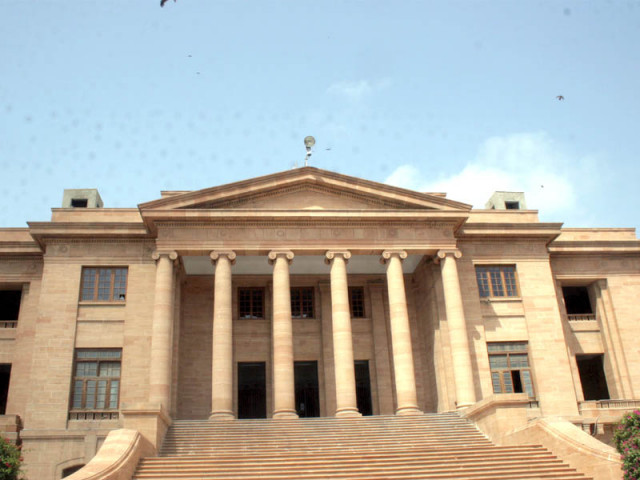SHC issues notices on plea challenging Sindh Higher Education Commission law
Petitioners call it an attempt to circumvent degrees’ verification process.

In their petition, Rehman and Memon
submitted that higher education was the exclusive domain of the federal legislature. PHOTO: EXPRESS/FILE
With similar concerns, a former chief of the Higher Education Commission, Dr Attaur Rehman, and Pakistan Muslim League-Nawaz’s leader Marvi Memon took the Sindh government to court.
In a joint petition they have requested the Sindh High Court to restrain the establishment of the proposed commission.
Another petition challenging the establishment of the provincial higher education commission filed by Advocate Nadeem Sheikh is already pending with the high court.
On February 21, the Sindh Assembly had passed a new law - Sindh Higher Education Commission Act 2013 - to set up its own provincial body that will be given all the powers, including the authority to verify degrees awarded by any institution in the world.
In their petition, Rehman and Memon submitted that higher education was the exclusive domain of the federal legislature.

It is essential that the HEC must continue to perform its functions but the Sindh government has decided to destroy the HEC by promulgating the act, they claimed.
“The major functions of the HEC are being assigned to the Sindh HEC, in a manner that there will be no cohesion in higher education and will be done independently by separate agencies,” their lawyer, Anwar Mansoor Khan, argued.
He said that the provincial government had no authority to act contrary to the rights stated in the law and the Constitution and destroy the fundamental rights of the citizens by eliminating the role of the HEC to suit its purposes. He argued that no law, which is contained in the Federal Consolidated List, can be promulgated by a province.
Rehman and Memon said that the new law was a move to avoid verification process of lawmakers’ degrees which the federal Higher Education Commission had initiated on the orders of the election commission.

He pleaded the court declare the Sindh Higher Education Commission Act 2013 as unlawful and unconstitutional.
The court was also urged to grant a stay against the establishment of any proposed commission in terms of the recently passed law.
After the initial hearing, the bench headed by Chief Justice Mushir Alam issued notices to the federal and provincial government authorities to file their comments by March 5.
Published in The Express Tribune, March 2nd, 2013.



















COMMENTS
Comments are moderated and generally will be posted if they are on-topic and not abusive.
For more information, please see our Comments FAQ